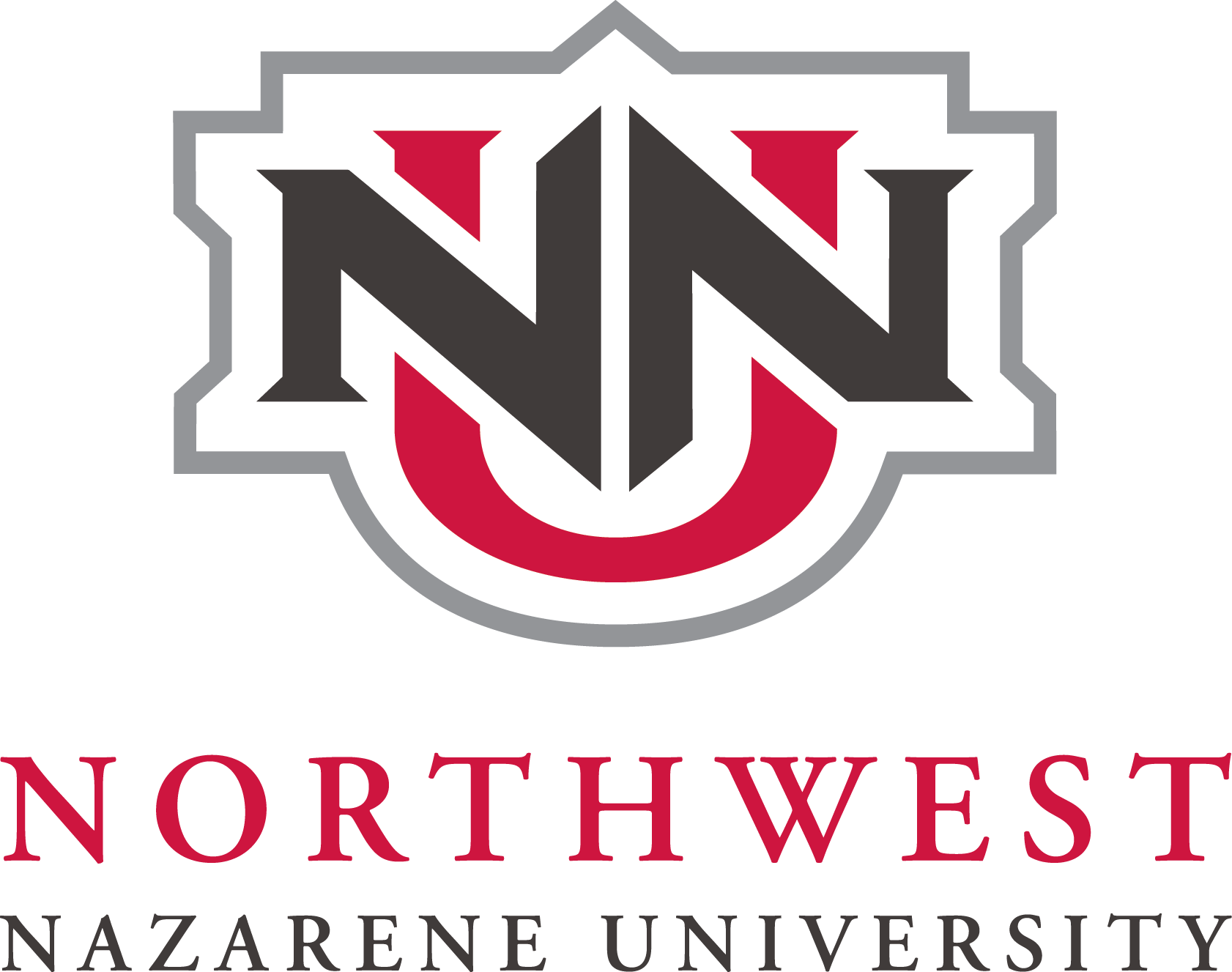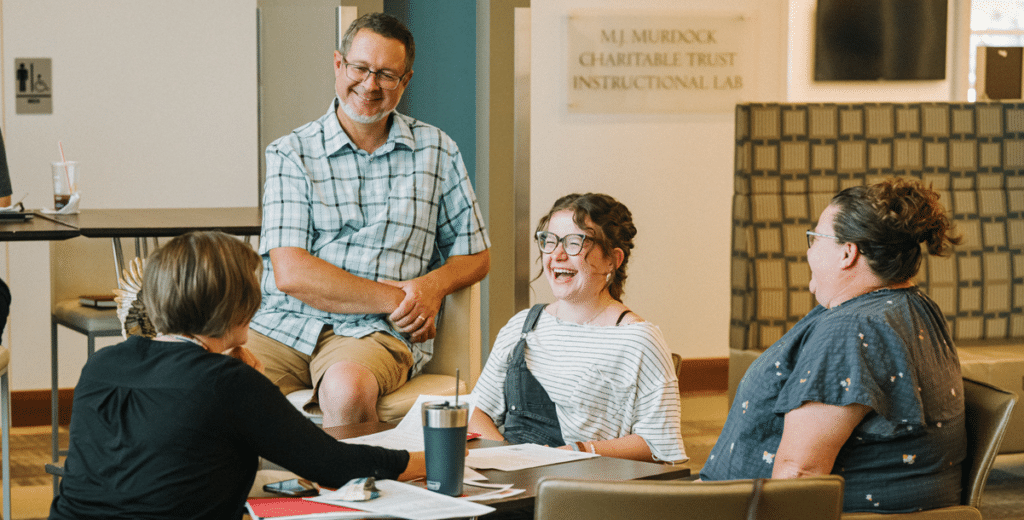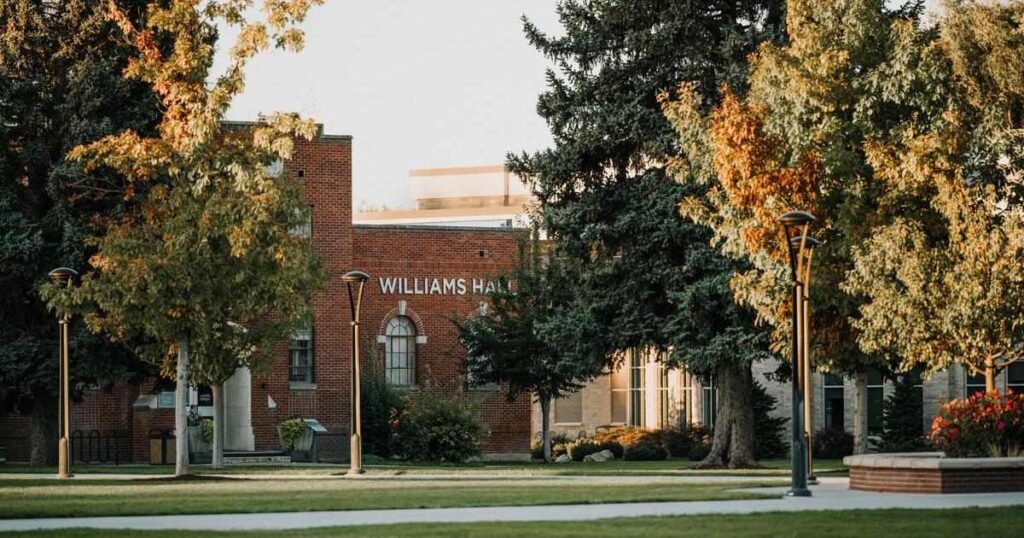 GABRIEL DAVIS
GABRIEL DAVIS
When I started researching four-year universities, I was in my final year of high school—like many of you. I’m not sure I’ve ever felt less qualified to make a decision. At 17, it was terrifying to have to make a choice that would affect the rest of my future; my career, relationships, finances, interests, skills, and more all hinged on this single decision.
Sound familiar? The stress that comes with picking a college is real, as I’m sure you can likely relate.
I probably researched over a hundred schools. I combed through countless websites (from eyesores to works of art) in search of the right one. My research was helpful, and yet it only gave me a glimpse at what these schools were really like. Because although the facts are great, they don’t give the full picture. There was also a nagging sense that some just felt “more right” than others. But you can’t only rely on instinct either. You’ve got to look at both the research and those gut feelings to find the perfect university for you.
It’s my hope that my experience—and all I’ve learned from the wonderful gift of hindsight—will give you a little insight into what you should be considering as you make this ever-important decision. So let’s get started.
Career Possibilities
Here’s my first nugget of wisdom: don’t choose a college based purely on its academic rankings. You may think, “I need a school that employers will be impressed with,” but here’s the thing, unless you go to a very prestigious school in the Ivy League, employers are not looking for your alma mater.
So what are they looking for? In short, specific experiences and skills you developed in college that are relevant to the job they are hiring for.
In 2014, the Gallup-Purdue Index Report found that “where graduates went to college—public or private, small or large, very selective or not selective—hardly matters at all to their current well-being and their work lives in comparison to their experiences in college.” So you have to think to yourself, “what kind of experiences will employers look for in the field I want to enter?”
These experiences might be a mentorship with a professor or having opportunities to apply what you are learning in the classroom to real, practical work. And it isn’t just about what is happening in the classroom either—industry-specific clubs, campus activities, job opportunities, and internships are just as influential as the courses you take. Academics, work experience, and connections lead to jobs, not the name of the school.
By now, I’ve realized that statistics about a college can’t predict the people you’ll meet, the connections you’ll make, or the paths you may take.
Take the time to see what kinds of opportunities each university offers and understand the identity of the school—its priorities, its values, its opportunities—in order to find the right place for you.
Cost
If any accredited university will help your career and happiness regardless of its prestige, you may think choosing a lower-priced school is a no-brainer. However, while the cost of school will stay with you after college, it’s actually one of the more flexible factors. You can find resources that make attending a specific school possible, but you can’t change the identity of a university or ask them to add the exact program you want —and it’s not uncommon for a university you thought was going to be too expensive to actually be less expensive than some public state schools.
Personally, I only applied to private Christian schools. I did this for very specific reasons, even though these types of schools are usually more expensive than state schools (at least before you factor in financial aid). Finding a university culture with the right mix of experiences and opportunities for growth was more important to me than how much money it would cost in the long run.
Figure out how much each option is really going to cost (once awards and financial aid are totaled) and then figure out what your priorities are.
Program
Considering you’ll spend four years of your life in college, you probably shouldn’t neglect the main reason you’re there—your degree. Remember what I said earlier about not prioritizing college rankings? Well, academic quality is entirely different. A quality academic program will give you the skills, knowledge, and experiences you need to succeed in your future career. Seems pretty important, right? Well, it is.
If you know what degree you’ll be pursuing, research each option and find out if the program is competitive compared to other schools. Keep in mind that academic quality is kind of hard to determine before actually attending a school. It’s one of those areas that require a mix of instinct and analysis. Many schools have prestigious awards and impressive statistics, which can give you a hint, but academic quality is about more than that. It’s about the people you’ll be working with on a daily basis. I recommend getting to know the faculty leading the program to see if they’ll be able to provide the quality and style of education you’re looking for. Also, make sure to ask about graduation and employment rates for graduates from that program. The success of former students is one of the best ways to get a sense of program quality.
If you don’t know what you want to study (and you haven’t already passed out from the stress), I recommend speaking with multiple departments at each school to get a wider sense of the university’s identity and the professionals who may be teaching you. Your ability to respect these professionals’ advice and work with them is crucial to getting the most from whichever program you enter. Plus, talking to them might give you some direction in choosing a program.
Academic quality for me really came down to the professors—and I couldn’t have asked for a better group of people to lead my education. Getting to know these professors and what the department was like was one of the key factors in my final college decision. I prioritized what the program and the people who ran it could offer me and how they would invest in me. Knowing they cared and would look out for my education took away a lot of the anxiety about whether the school was a good fit because I knew I would, at the very least, have a great program supporting me.
Visiting
In the end, I had to pick between three schools that looked very similar on paper. All three were private Christian schools in the Northwest that offered the major I wanted. They were all smaller and had beautiful campuses. Thankfully, I made it a goal to visit each school in person—and it made all the difference in the world.
The first school had a chance, initially. After my guided tour, I thought the place was amazing. It was the first time I had an inside look at a university campus. But the visit ended on a bit of a sour note when I attended a meet-and-greet for the school’s honors program. Both the professors and students seemed pretentious and stuffy. I felt this again when I met with the English Department. The identity of the school just didn’t match what I wanted.
The second school had the opposite issue—it felt too laid back like they weren’t prioritizing academics or spiritual formation, which were the two main areas I was looking to grow in. The English department felt neglected and dated, and the school was the most expensive of the three. For a while, I wondered if I would actually be able to find a school that felt right and provided the experiences I was looking for. Luckily, I had one more on the list.
My visit to NNU was the visit that almost single-handedly determined my final choice. Stepping onto the campus felt freeing, like those issues with the other two schools had just disappeared. All the research I had done, my gut feeling, it all just seemed to fall into place. Everything “clicked” because of the personal interactions I had with professors combined with my analysis of the school. It felt right, not just because of my own intuition, but because that intuition had a basis of facts to support it—all put into perspective by my visit.
And that’s how I ended up where I am—I’ve never once regretted my choice. I hope my personal experience can help you figure out what to look for in a university and how to make sure it provides the experiences that will help you succeed in the life you want to live. I hope you can see through the stress, anxiety, fear, and worry about the future. There really is somewhere out there that will be the perfect fit for you. A place that can invest in you. Hang in there and do what you need to do. If you analyze your options and get a real, tangible feel for their identity, I’m confident you will find your place—a place that feels like home.
Meet Gabe: Gabriel Davis is a senior English Major at NNU who loves to write stories, preferably with a large cup of coffee beside him. He spends his time reading crime thrillers and helping students improve their writing through NNU’s Writing Center—but ask him if he wants to be a teacher when he graduates and he will sigh and shake his head, muttering “not this again.”








